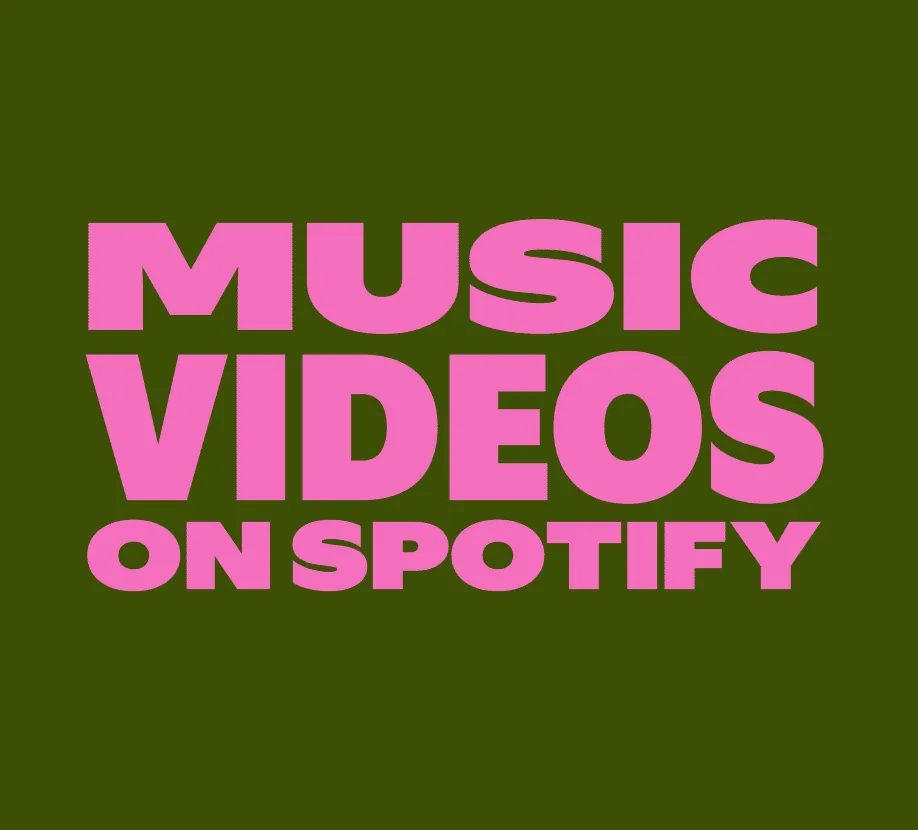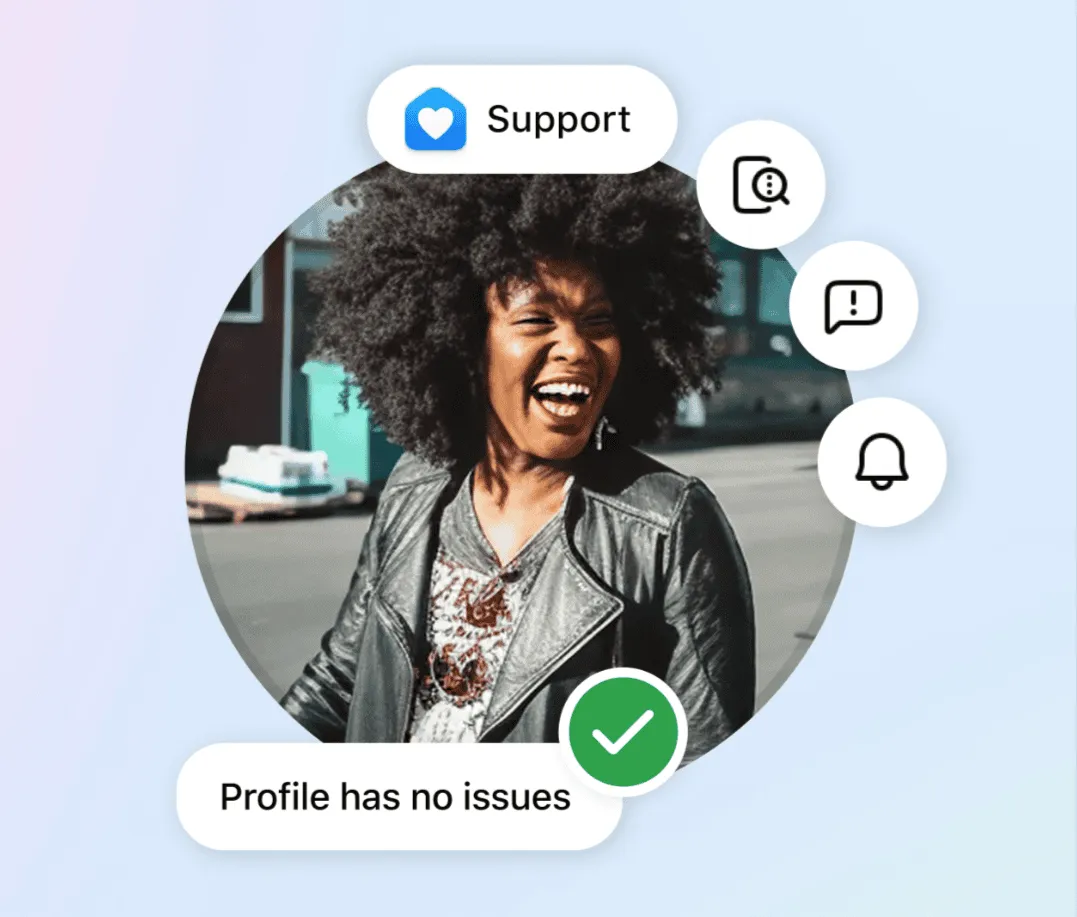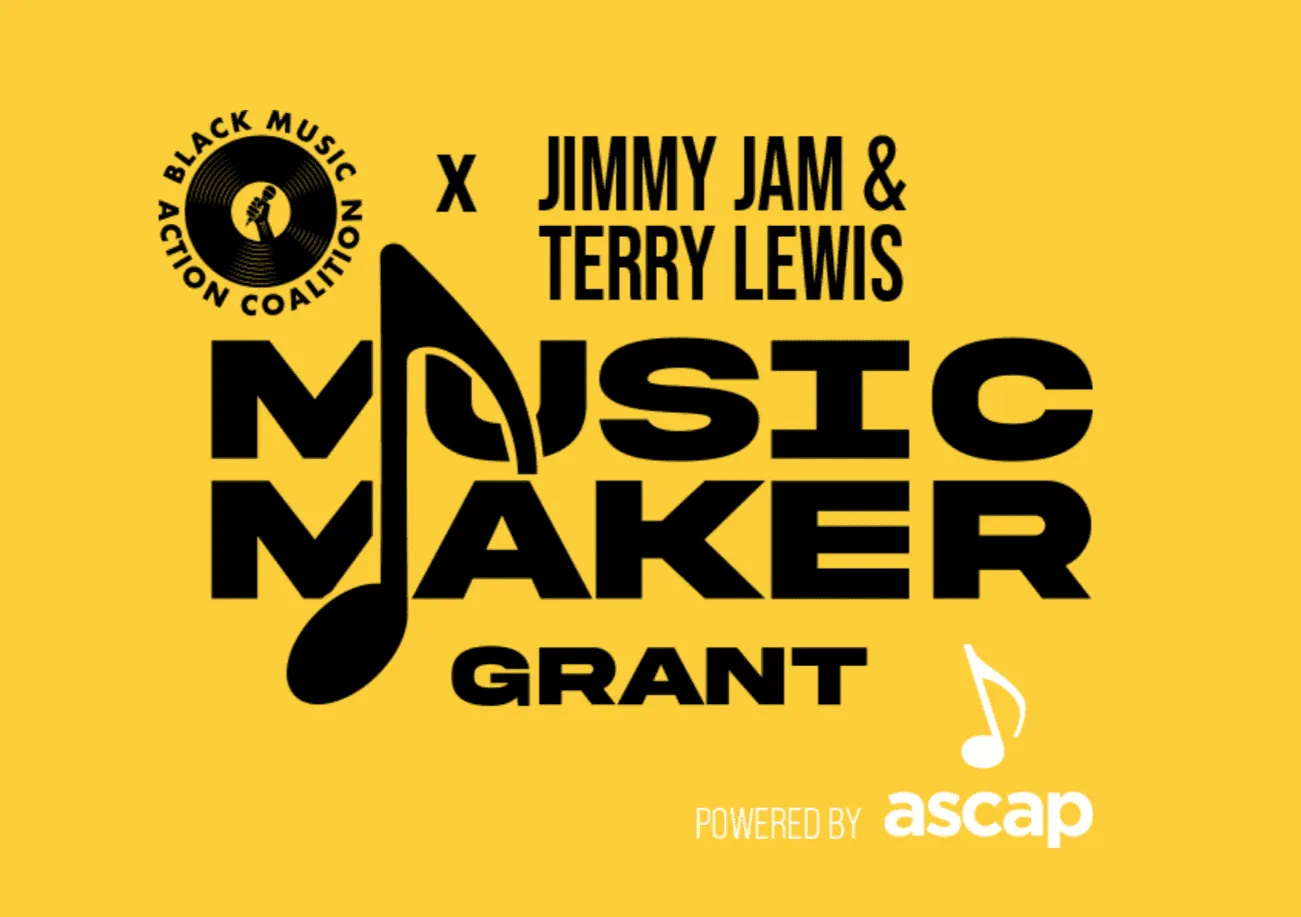From Cannes by Stuart Dredge for Midem content partner Music Ally. Find them at musically.com and @musically.
On Monday, Music analyst Mark Mulligan today shared is theory of "Agile Music" – how music products need to evolve in "the age of mass customization". Mulligan said that the decline and fall of recorded music is why there needs to be a “format revolution” now.
Mulligan talked about some of the bright spots last year, including the growth of Spotify. “They were dogged by the access/ownership debate, questions and concerns about whether a stream cannibalises a download or a CD sale,” he said, as a caveat.
Three big trends, according to Mulligan. Social listening, open innovation and connected consumption. “These will shape digital music in 2012,” he said. “They also happen to be the three key ingredients of Agile Music… What is needed is an entirely new generation of music formats tailor-made for the digital age.”
Mulligan said these new formats will require a new approach to artist creativity, in the same way that 3D TVs require new TV content.
“Not every artist has to become Imogen Heap, but clearly the needle is shifting further down,” he said, talking about fans participating throughout the creative process, songs that evolve after their initial release dates, fans getting tools to customise their experience of the music, and “music product experiences that are routinely dynamically updated with new content”.
Mulligan has put together a ‘Music Format Bill of Rights’ to summarise this. Formats should always change and update with new content, they should empower user interactivity and customisation, they should place social features and connectivity at the core, and they should be curated, with additional discovery features built in.
“It looks a lot like an app. The future of music products will be app-like experiences,” he said, going on to say these products will mitigate the access versus ownership debate. “This is solidifying a complementary and additive role for streaming.”
Mulligan talked for artists to take a more active role in the evolution of music formats. “The stakes are sufficiently high to justify this sizeable effort… And the next generation of music experiences must be defined by consumer needs, not business affairs teams.”
Mulligan has been publishing reports based on his ideas, which can be found on his blog.




